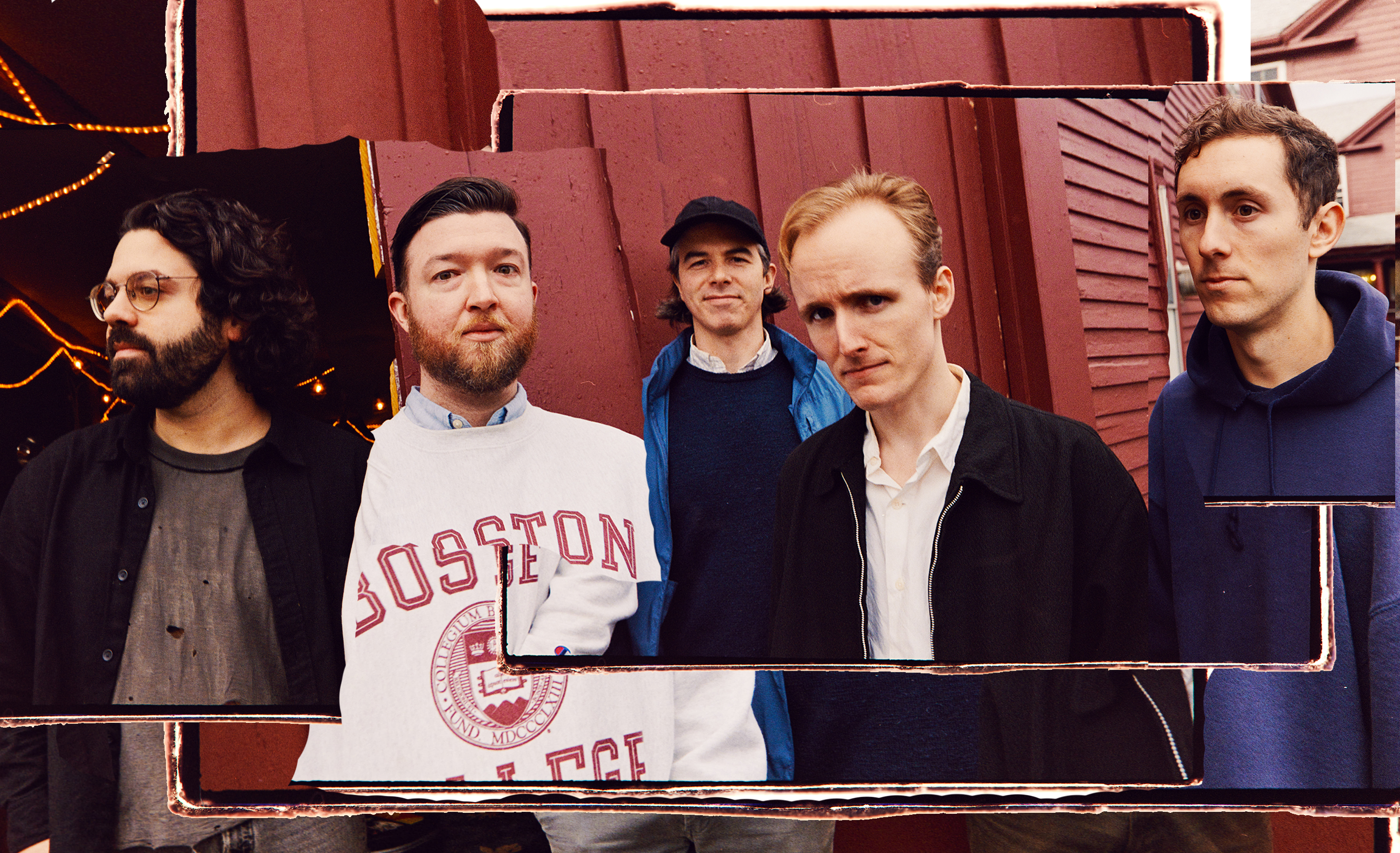Pat Flynn knows the nightmare of being in a full-time band. He’s lived on the road and in studios. He’s depended on album sales to pay his bills. And he’s watched as the need for commercial viability and stable income helped to tear apart his 2000s hardcore band Have Heart after they’d finally risen out of the Massachusetts punk scene.
But that’s only part of why the Fiddlehead vocalist maintains his day job as a history teacher. In addition to providing a financial backbone for him, it’s the perfect excuse for only touring on weekends and school vacations. Of course, it also helps that he can connect with both his students and his younger fans because he still very much remembers being the problematic teenager who founded Have Heart nearly 20 years ago.
“I [was] a very troubled teenager who was trying to find some connections, and I was doing so terribly in classrooms and at traditional social gatherings for young people that I was only successful at finding anything through a microphone in a room,” Flynn said via Zoom. “Through that, I was able to get better at understanding people and connecting with them in more traditional settings, which significantly helped me in my adult life.”
These days, everyone in Fiddlehead is more or less a full-grown adult with families and careers, which is what makes their album from earlier this year, Between the Richness, a stronger post-hardcore effort than just about anyone a decade or more their junior would be able to put forth. The quintet has traded their angst and rage for a more mature and complex sound that still captures the frustrations of youth, but with the emotional intelligence to be able to confront and address the issues in ways they couldn’t have previously — an ability that Flynn is grateful for both in the classroom and as a father as well.
“I work with teenagers specifically, not because I like them naturally, but because I feel bad for them,” Flynn says. “I feel bad for the adolescent mind, which has the weight of decades and decades of life in front of them with very little neurological advantage given to them because their brains haven’t formed yet. It’s, like, my son is two years old and if he wants his seatbelt off, his brain isn’t allowing him to express that in a very sophisticated way. It’s more like ‘Get this the fuck off of me.’ That’s what it was like being in a band as teenagers — especially when those guys are your oldest friends. But now, I can come into that equation with a level of patience, and I realize that I’m not perfect, but I understand the value of it. It was totally shitty being in a band with other teenagers, so having adults in the room makes it significantly more enjoyable for all of us.
“The places we choose to sleep on the road are better,” Flynn continues with a laugh. “The songwriting process is far more intuitive, way more diplomatic, and way less dramatic than it was when I was in my late teens or early 20s. And that’s nothing personal about the people I’ve done bands with when I was younger.”
Is Fiddlehead really a better band in their 30s than any of the members’ other acts — including guitarist Alex Henery’s Basement?
Well, yeah, probably.
Assuming they continue to grow as they have since 2018’s Springtime and Blind, Flynn, Henery, and the rest of the band could continue to grow into one of the best post-hardcore/emo/whatever else groups on the planet. Is it age and maturity? Maybe. Is it the wisdom that comes from a combined half-century of touring experience? Also a possibility. Either way, Fiddlehead is completely unconcerned with what their social numbers look like or how many copies Between the Richness sells. As long as today’s disgruntled teenagers, twentysomethings, and maybe the occasional older folk continue to connect with the music they’re putting out, they’ll keep the train going as they have for the last seven years — after all, the next album has already been written in the middle of COVID uncertainty.
“Many of the members in Fiddlehead have been in situations where you’re economically and financially dependent upon a band, and it sucks,” Flynn says. “It sucks to really let money get in the way of the writing, because then you start making decisions in the songwriting process that have to do with money. That’s when you can start to sniff the bullshit, because it’s like ‘Oh OK, you’re a little bit worried about sales, so here we go with this.’ It’s less interesting, because it’s a little bit more safe. We don’t have to worry about that with Fiddlehead, and I’m super pumped about the third LP. I know we haven’t even played the second record yet, but we wrote the third in the last year with this context of not even knowing if the world would exist anymore. So, I’m pretty stoked to get that one going.”





